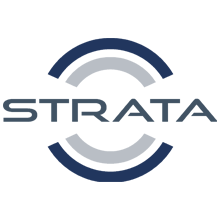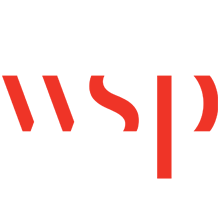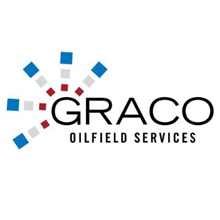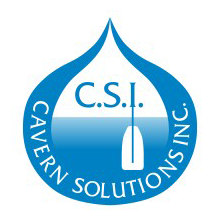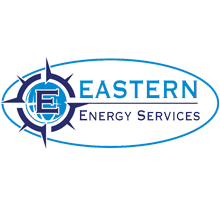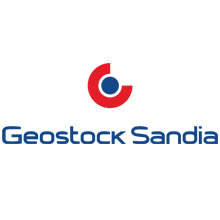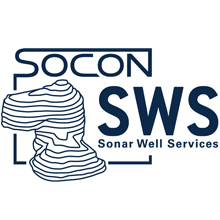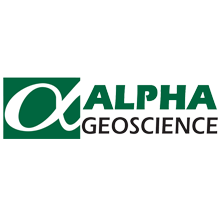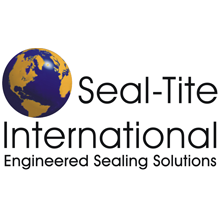Active and Recently Completed Research Projects
The ongoing Research Projects were updated during the Spring 2024 Krakow Meeting and summaries were briefly presented at the Business Meeting.
U2021-2: “Predictive tool (and predictions) for critical velocity for Configurations (iii) and (iv) without centralizers, Phase V (McGill)”
- Project Team: McGill University, Project Owner: Prof. Michael Paidoussis
- Project Sponsors: Joe Ratigan and Sophie Minas
- Experimental Stabilization of Brine Strings
- Project Extension until July 2025
Learned through phases I and IV: Both flutter and buckling can occur in brine strings. Annular flow is of paramount importance in brine string deformation (in both configurations, iii and iv). Recommended new well completion techniques:
- Stiff centralizers to mitigate annular flow impacts,
- Increased tubing diameter in the cavern depth interval to increase deformation stiffness,
- Radial flow at the tubing exit to allow for increased brine injection velocities.
U2023-1: Continued Monitoring of Strain Measurements at Cavern Stassfurt BS13 as continuation to Research Project U2018-3
- Project Team: ESK GmbH
- Full Set of Operational Data available
- Scope: Continuation of project U2018-3 with annual Measurements
- Next Measurement Scheduled for March 2026
- Full set of Operational Data Available - Measurements in concordance of expectations
- Optical fibre required repair in April 2025 after defect was detected
RFP2023-1-1 Proposal in reply to SMRI RFP 2023-1 “Deep or tall cavern abandonment testing and analysis"
RFP2023-1-2 Proposal in reply to SMRI RFP 2023-1 "Deep or tall cavern abandonment testing and analysis"
- Project Team: Nobian, Brouard Consulting, TU Delft
- Scope/Objective:
o Scope: Deep or Tall Cavern Abandonment Testing and Analysis
o Duration: 4 years
- Test Core Material may need replacement
- Seismic/Pressure Monitoring ongoing
U2023-4 (CfP2023-1) "Implement Fiber Optic Technology for Underground Gas Storage Well Monitoring" PHMSA Proposal with PRCI.
- Approved for funding by PHMSA on September 25, 2023
- Funded through EFI
- Will need to establish team members to participate with PRCI
- Duration: 2 years
- Dirk Zapf (University of Hanover, Germany) as member of the review board
- GESO (Germany, SMRI member) as project advisor
- Test Plan/Part Procurement complete
- Test execution and guideline development expected May-June 2025
RFP2023-2 “Research on Microbial Induced Reactions in H2 Salt Caverns”
- Project Team: Microbify GmbH, SOCON Sonar Control Kavernenvermessung GmbH, TU Clausthal
- Project Lead: Linda Dengler
- Scope: Microbial characterization, incubation, and growth, and its effect on Hydrogen Storage
- Duration: 1 Year
- WP 1 (Brine Sampling) Complete, WP 2 (Microbiology/ metabolite detection) at 50%.
RFP2023-3 “H2 - Nat Gas Blends Stratification Potential in Caverns"
- Project Team: Agapito
- Project Lead: Brandon Lampe
- Scope: Conduct CFD Case studies to understand the effect of cavern geometry, the influence of well configuration, and the influence of flow rate on produced gas compositions during Hydrogen Injection
- Task 1 - Fluid Transport Determination Complete, Task 2 - Cavern Geometry and Cavern Conditions in progress
- Modelling is ongoing, need to consider more finite scenarios
RFP2023-4 “Research on Mechanical Integrity Tests for H2 Storage Caverns"
- Project Team: DEEP.KBB, Geostock, WSP
- Project Lead: Heike Bernhardt
- Scope: Development of recommended practice for H2 Storage Caverns
- Current findings imply similarity between H2 and N2 in volumetric terms
RFP2023-5 “Research on Repurposing Existing Caverns for H2 Storage"
- Project Team: Storag Etzel, Gasunie, DEEP.KBB
- Project Lead: Carsten Reekers
- Scope: Identify differences and requirements for repurposing caverns for H2 storage to recommended guidelines
- Currently assessing requirements, cavern stability, and industry guidelines
UP2025-1 “Impact of Microfabrics on Rock Salt Geomechanical Diversity"
- Project Team: AGH University of Krakow,Leibniz University Hannover
- Scope: Determine impact of petrological features on variability of mechanical properties and deformability of salt on micro scale.
- Duration: 18 Months
|

